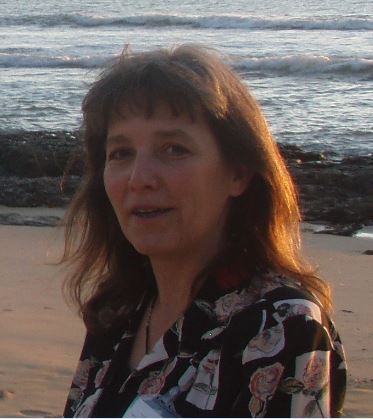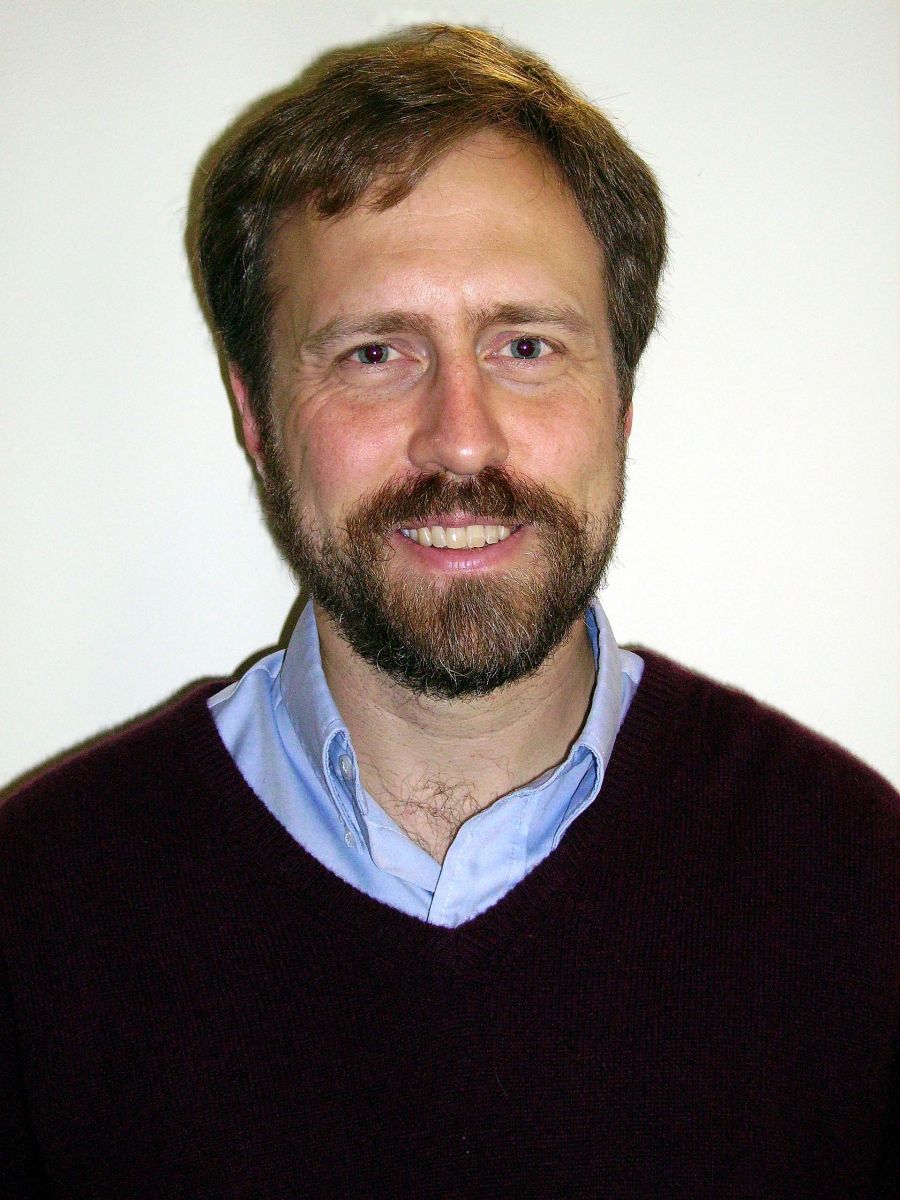The West Coast Climate and Materials Management Forum is a collaboration of state, local, and tribal governments that develop ways to institutionalize sustainable materials management practices. We identify and share effective greenhouse gas emission reduction strategies that also improve the way communities source, use, and recover materials. By working together across jurisdictions and disciplines, we demonstrate effective ways for communities to reduce greenhouse gas emissions throughout the life cycle of materials.
View our fact sheet (PDF) to learn more about the Forum!
Mission
To inspire, inform and show communities how to significantly reduce greenhouse gas emissions by improving the way they source, use and recover materials.
Communicating our Message
Communicating the value and importance of materials management is a critical component of the Forum’s work. The Forum created a Materials Management Presentation (PPTX) that you may tailor and use when talking with your community, to address the questions below and explain the materials management approach:
- What do we mean by "materials"?
- What's a lifecycle perspective?
- What's the connection between consumption and greenhouse gas emissions?
- How can your jurisdiction reduce material-related greenhouse gases?
- What are some tools to use to help mitigate climate change?
The Materials Management Presentation was originally developed in 2010 and updated in 2018. Use the PowerPoint presentation and narrative script to share the Sustainable Materials Management message with your organization or community.
- Download the Materials Management Presentation (PPTX) or open the Materials Management Presentation (PDF) in a browser window.
- Narrative Script (PDF): This provides scripted talking points for each slide of the Materials Management Presentation.
Meet the West Coast Climate Forum Leadership Team
David Allaway, Oregon Department of Environmental Quality
David Allaway is a Senior Policy Analyst at the Oregon Department of Environmental Quality’s Materials Management Program. At DEQ, David leads projects related to sustainable consumption and production, materials (including waste) management, and greenhouse gases. In 2010, he helped to staff the Materials Management Committee of the Oregon Global Warming Commission’s “Roadmap to 2020” project. He also led efforts to develop and update Oregon’s consumption-based greenhouse gas emissions inventory and contributed to the ICLEI US greenhouse gas accounting protocols for communities and recycling. Before joining in 2000, David worked for 11 years in the solid waste consulting industry. A native of Oregon, David has a B.A. in physics from Carleton College, Minnesota.

Janine Bogar, Washington State Department of Ecology
Janine Bogar is an Environmental Planner and Policy Specialist for the Solid Waste Management Program at the Washington State Department of Ecology. She oversees the state solid waste plan, and works on waste reduction and recycling policies. Previously, Janine worked for the Washington State Department of Corrections as the sustainability coordinator, helping prison facilities make less waste, build green, and use less water and energy. She also has 10 years’ experience with local government, implementing a variety of waste reduction and recycling programs. Janine has a B.S. in Zoology, and a Masters of Environmental Studies degree.
.jpg)
Karen Cook, Alameda County, California
Karen Cook has led Alameda County, California’s green purchasing program for the last decade, greening tens of millions of dollars of bids for this 9500-employee organization. Karen works to accelerate market transformation by collaborating locally, regionally and nationally on green purchasing efforts. Prior to that she spent nearly a decade advancing green building operations, waste reduction, and recycling for local government and in the private sector. Karen enjoys spending her free time outdoors with her two boys in the San Francisco Bay Area, where she graduated from UC Berkeley with a Bachelor's degree in Environmental Studies.
Miya Kitahara, StopWaste
Miya Kitahara works on StopWaste’s energy efficiency, built environment, and circular economy projects, and provides climate action planning support for Alameda County local governments. She has facilitated awareness and inclusion of Consumption-Based Emissions Inventories to address upstream emissions related to goods and food in local climate action plans as well as in state-wide conversations. Miya has over a decade of experience in local government sustainability across the Bay Area, including working as staff or volunteer for cities in Alameda, Contra Costa, and Marin Counties. She has an MBA in Sustainable Enterprise and a BA in Social Psychology.

Ashima Sukhdev, City of Seattle
Ashima Sukhdev is the Climate Mitigation and Circular Economy Policy Advisor at Seattle Public Utilities (SPU), City of Seattle. She is driving the development of a circular economy in Seattle and manages SPU's climate mitigation strategy, internally and city-wide. Ashima joined the City of Seattle from the Ellen MacArthur Foundation. At the Ellen MacArthur Foundation, Ashima managed the delivery of its programs in the U.S. and Canada, and led the Foundation's work on cities globally, engaging local governments in the transition towards a circular economy. She was also seconded to the World Economic Forum to support the development of its circular economy initiative. Prior to joining the Ellen MacArthur Foundation, Ashima worked as a management consultant with Deloitte Consulting in New York. Ashima graduated from the University of Pennsylvania with a B.A. in Economics focused on Sustainability & Environmental Management.
Steve Sander, CalRecycle
Steve Sander (he/they) is a Senior Environmental Scientist (Specialist) at CalRecycle’s Policy Development & Analysis Office. Steve serves as Principal Investigator for the SB 54 Plastic Pollution Prevention and Packaging Producer Responsibility Act Needs Assessment. They also oversee the implementation of CalRecycle’s Recycling and Disposal Reporting System (RDRS), which tracks flows of solid waste and recyclable material within, and in and out of California. Steve led the rulemaking process implementing RDRS. Steve graduated from Pomona College with a Bachelor of Arts degree in Environmental Policy Analysis.
Meet the West Coast Climate Forum Program Team
Melissa Winters (she/her), EPA Region 10, winters.melissa@epa.gov
Kendra Tyler (she/her), EPA Region 10, tyler.kendra@epa.gov
Joy Onasch (she/her), ERG Contract Support, joy.onasch@erg.com


.JPG)